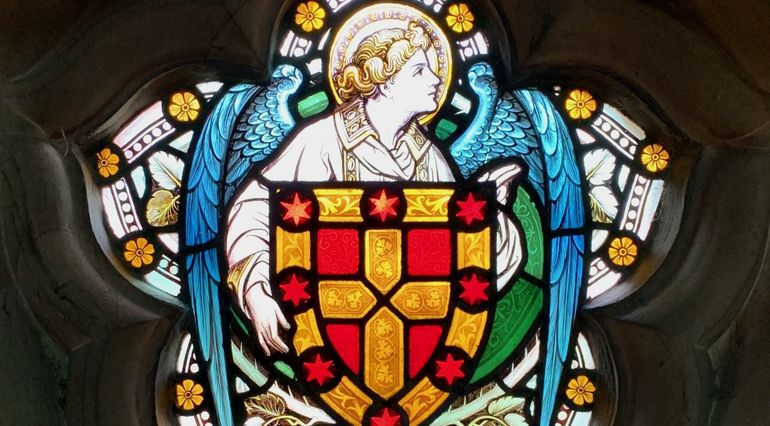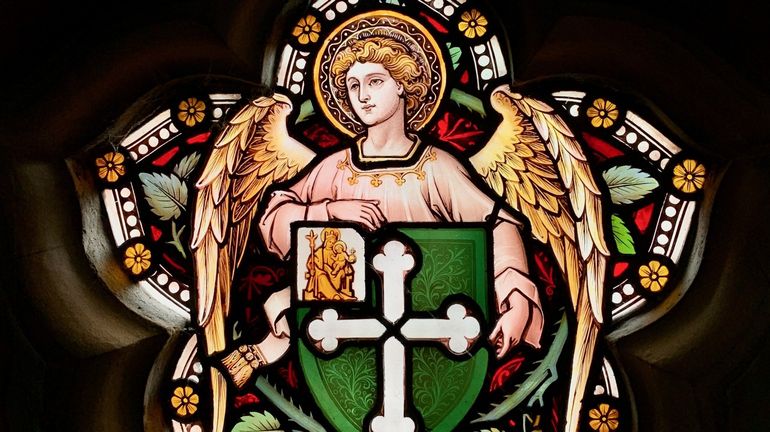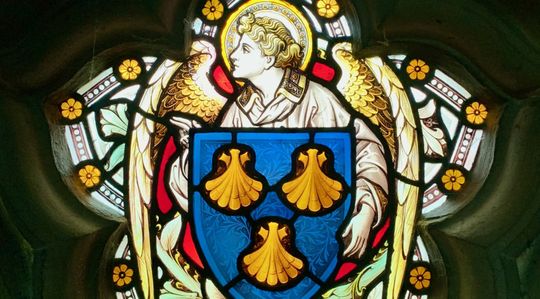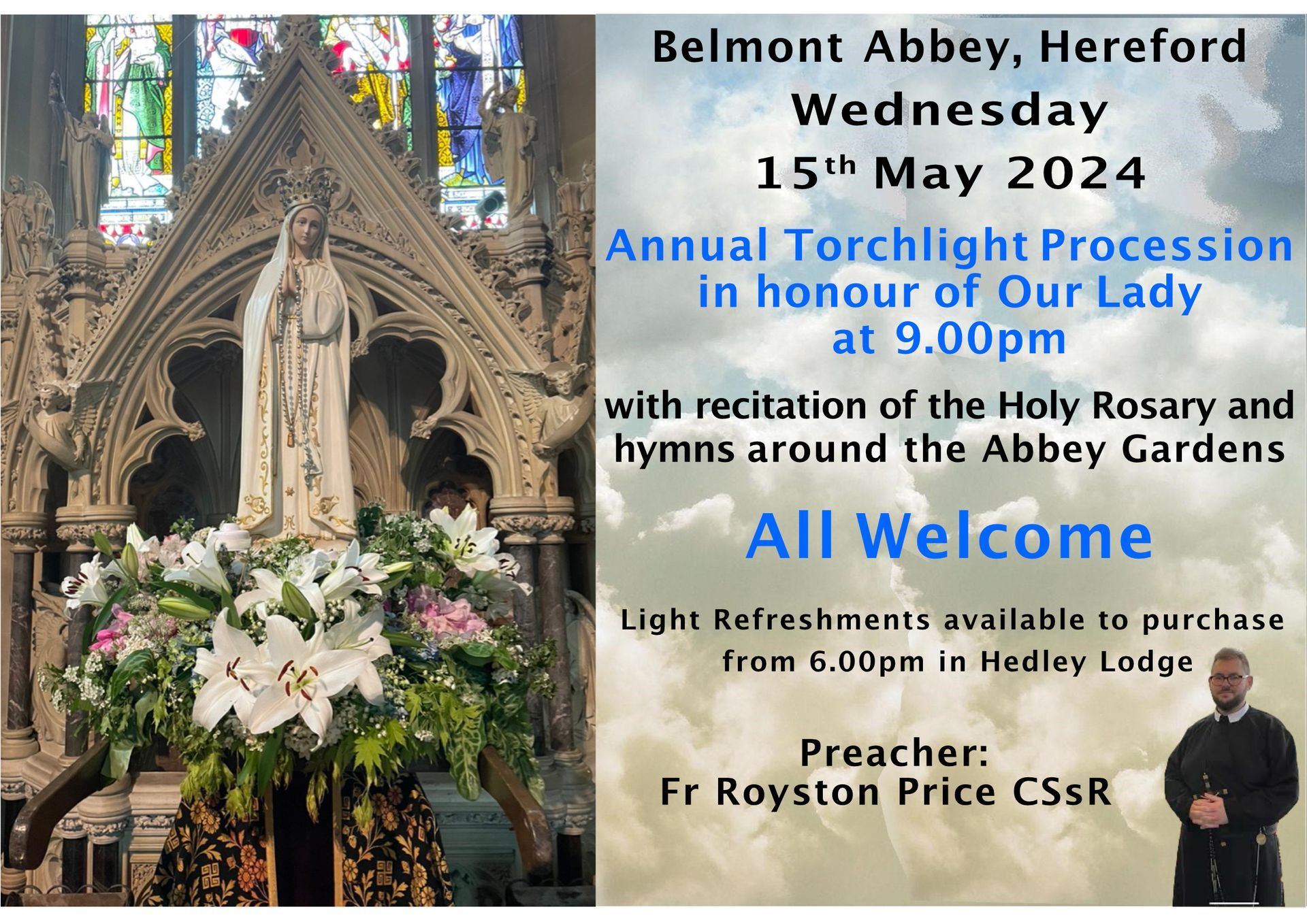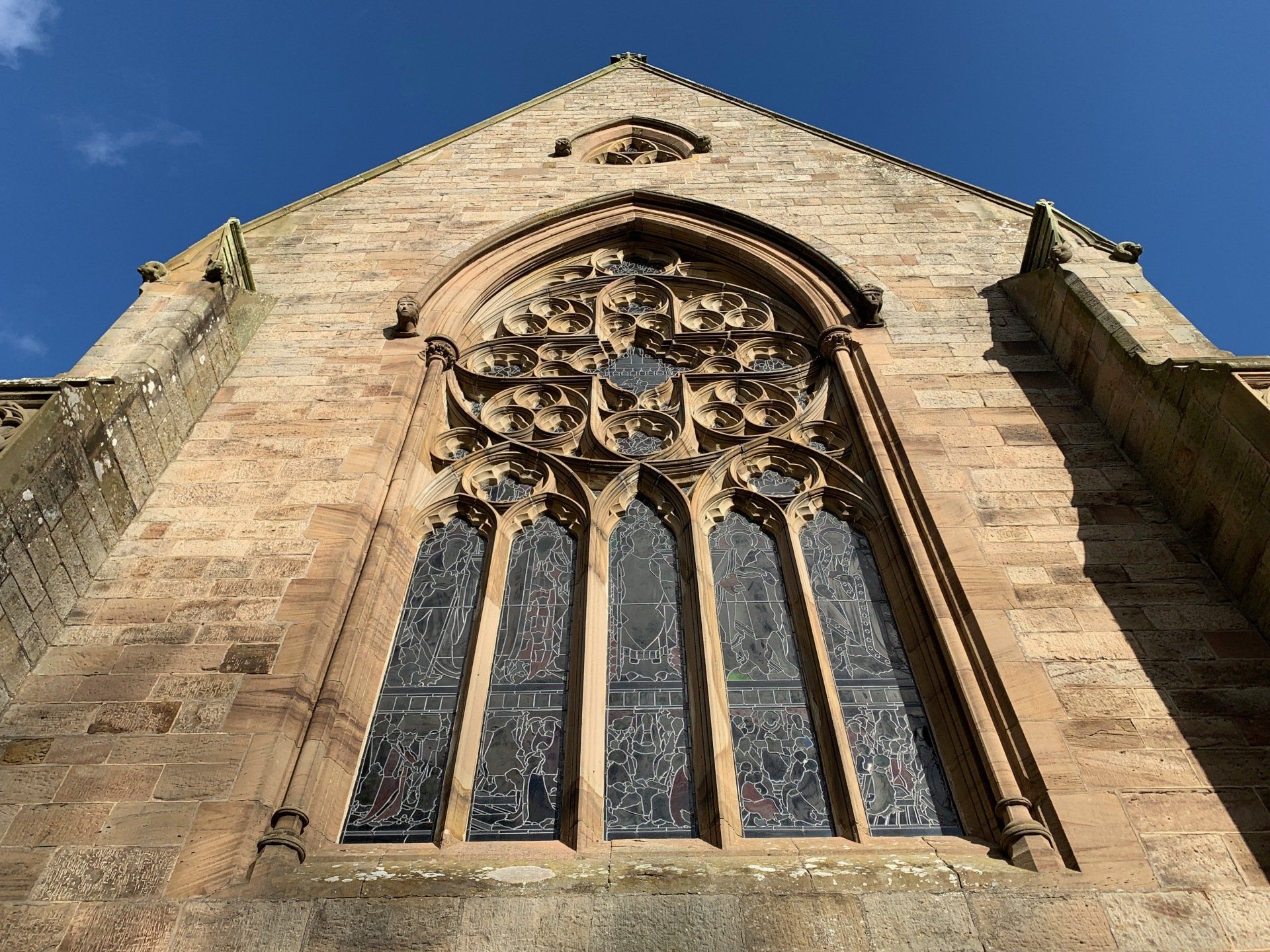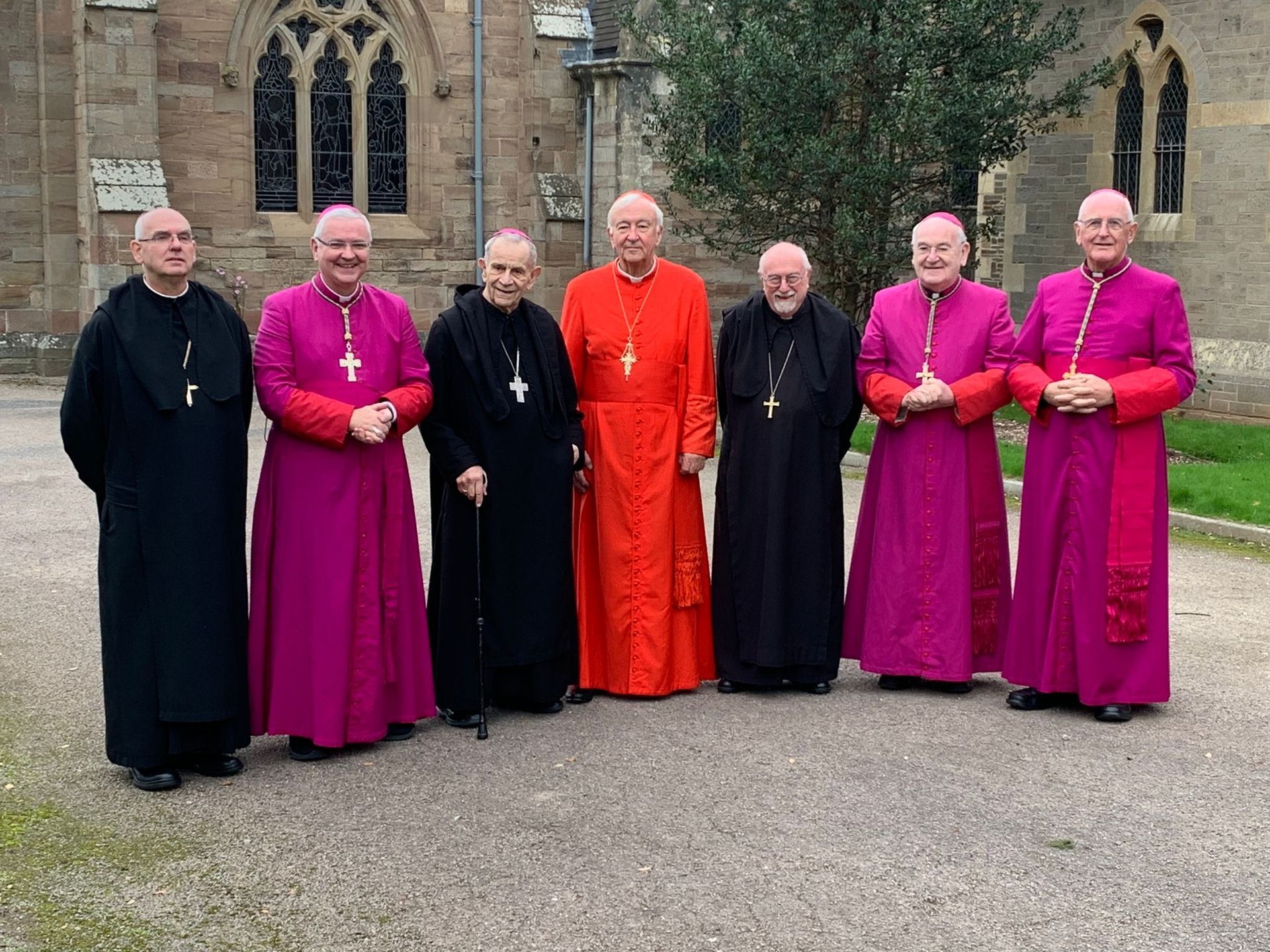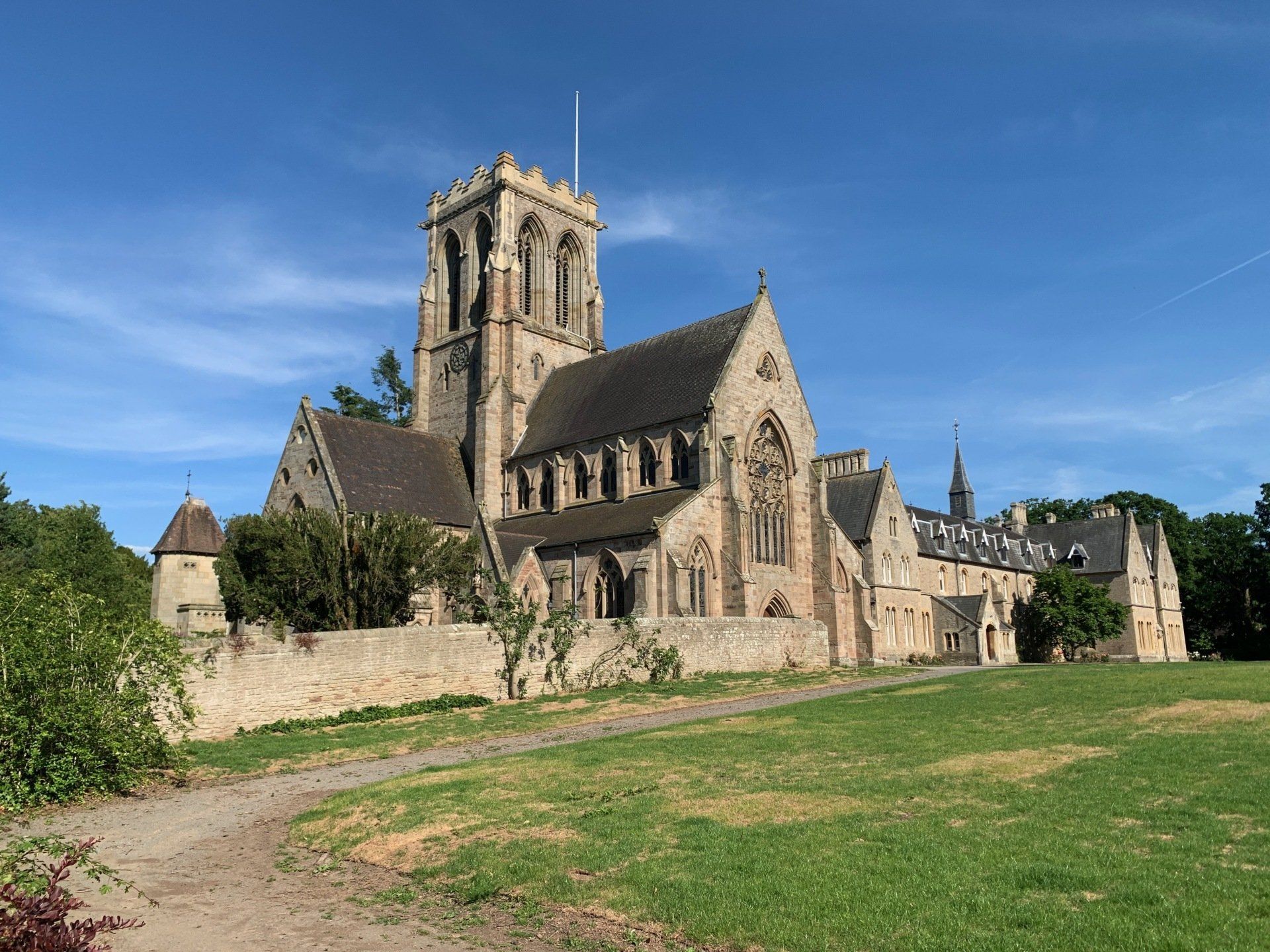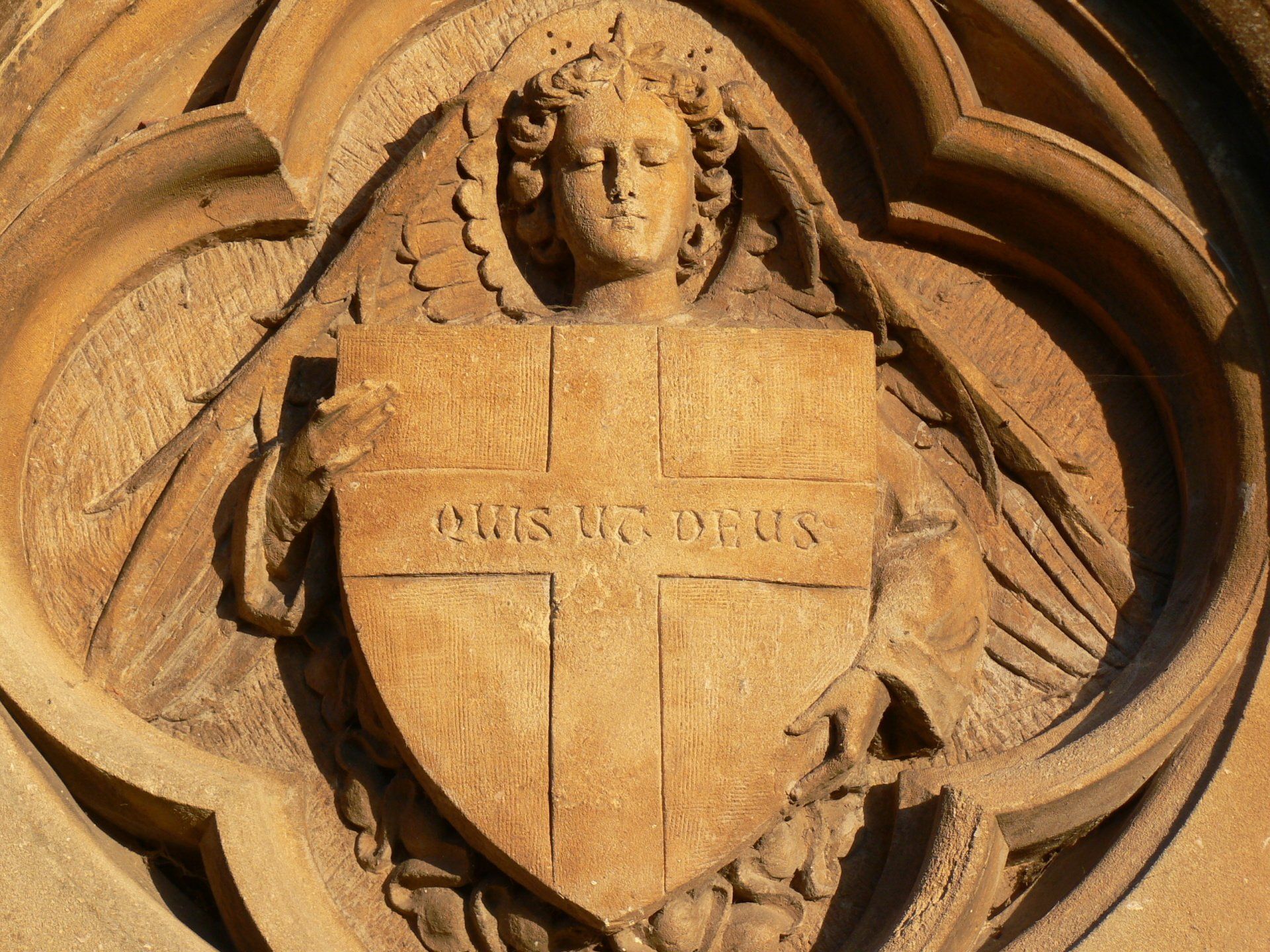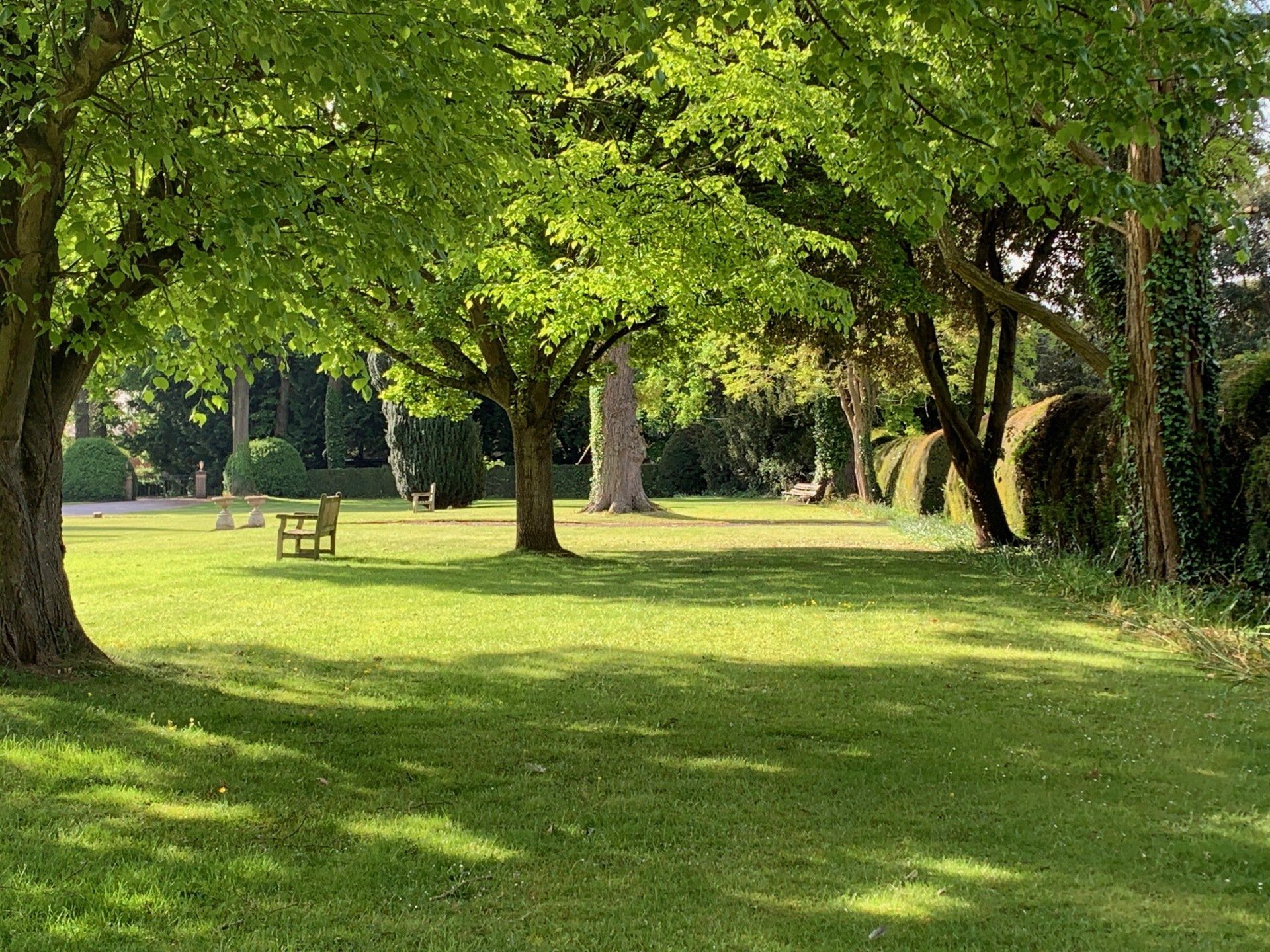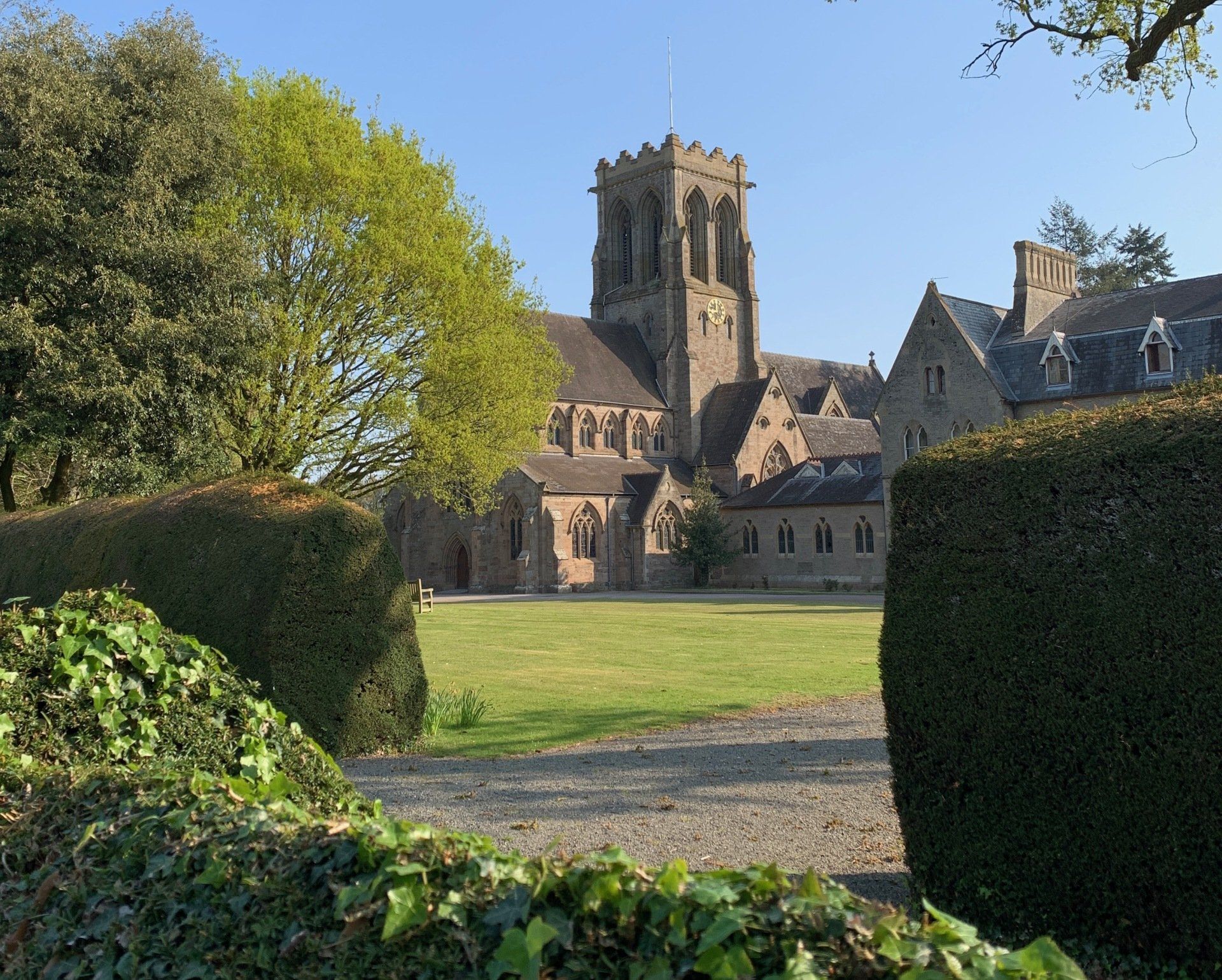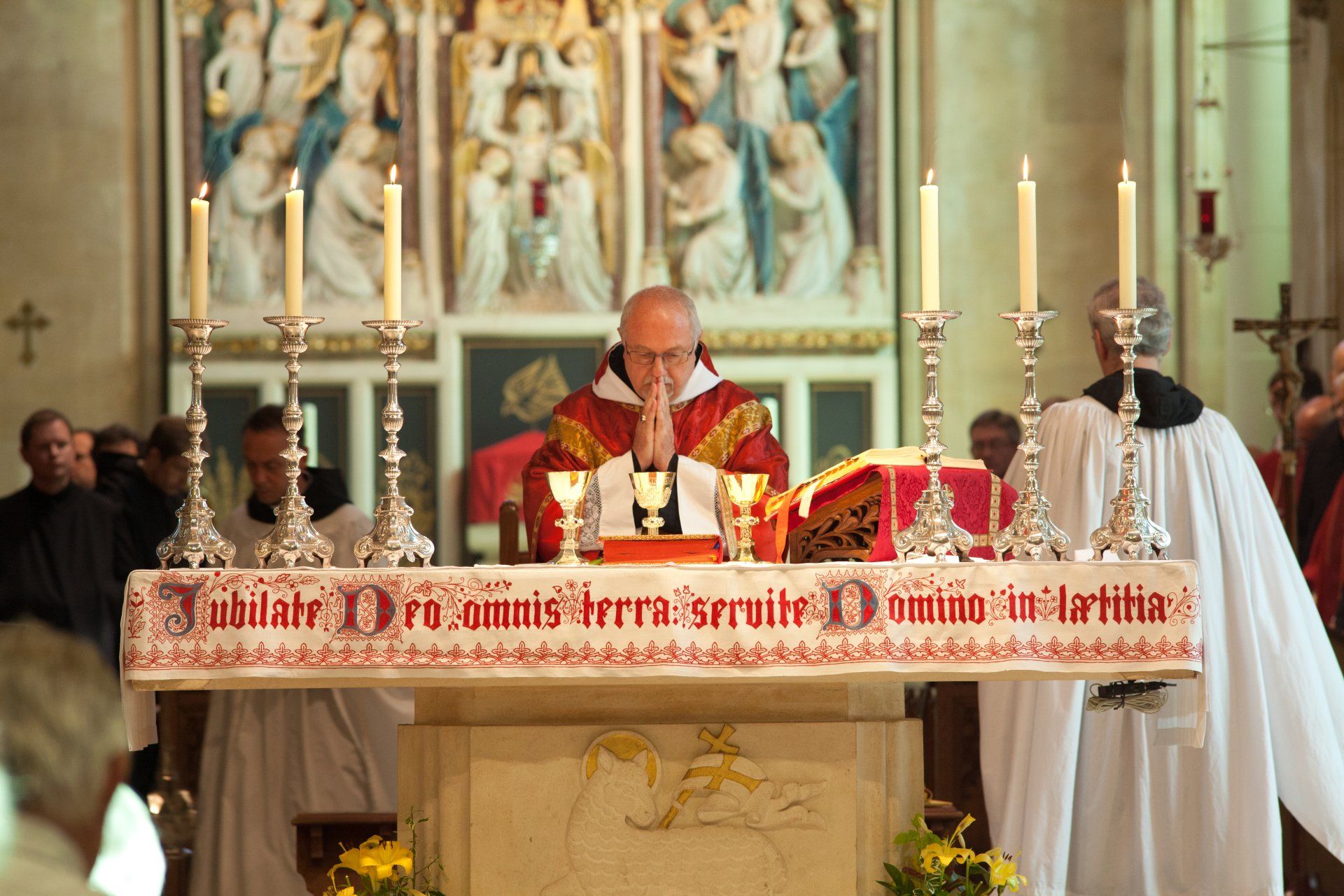
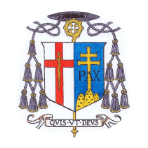
WELCOME TO BELMONT ABBEY
News & Events
-
Live Streaming
Online StreamingClick for more
-
Profession Mass for Brs Meinrad & Gildas -All Saints Day
ButtonClick here to view the livestream
-
Bishop Mark's 90th Birthday Celebration
ButtonClick to view the livestream of the Thanksgiving Mass
-
News from Belmont
ButtonSummer 2023
-
Synod Documents
Belmont Parish, Archdiocesan & National DocumentsBelmont, Archdiocesan & National Documents
-
Rome: A Lent Pilgrimage
Lent PilgrimageOnline Now
-
Dom Bernard and Dom Raphael Memorial Mass - Live Stream
ButtonSaturday, August 19th at 11.00am
-
In the Footsteps of St Francis
Click for videosNow online
News from Belmont Abbey

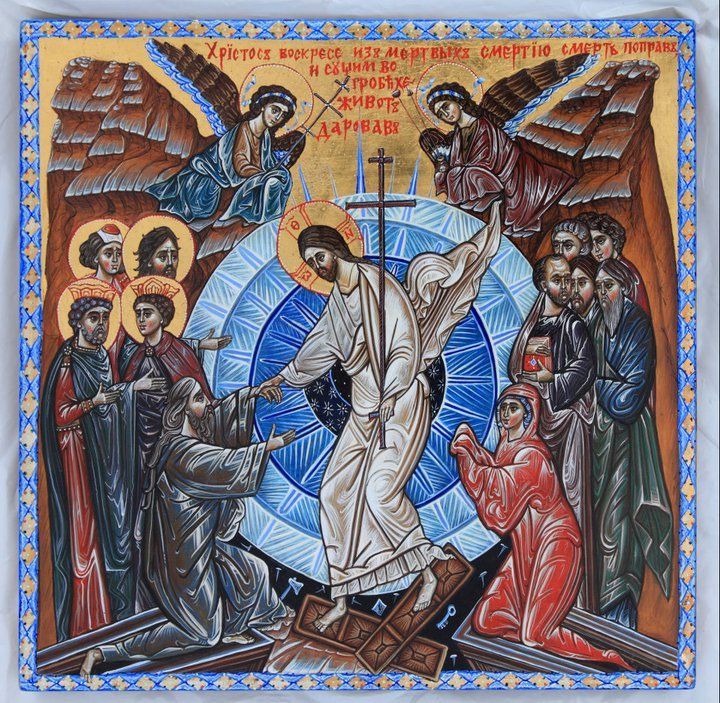

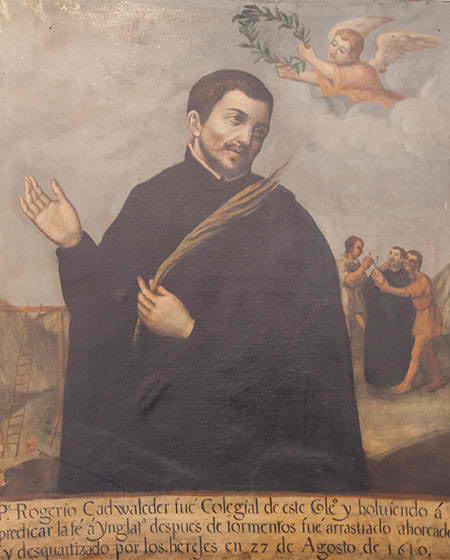

List of Services
-
Welcome from Abbot PaulAll posts from Abbot Paul List Item 1
Welcome to our website on behalf of our brethren at Belmont, Peru and the Parishes that we serve.
In these difficult times we hope you will find this website a good way to connect with us. The Belmont Community will continue to pray for all those suffering and in need, particularly our parish, oblates, retreatants and friends.
Please be assured of our prayers,
Abbot Paul
-
Times of ServicesItem Link
SUNDAYS:
Saturdays: Vigil 4pm.
Sundays: Parish Masses 8.30am and 11am. Conventual (Community) Mass, 9.30am.
WEEKDAYS:
On weekdays the daily Conventual Mass is at 8am except on major solemnities. There is a Parish Mass on Tuesday and Friday at 10.15am.
DIVINE OFFICE:
You are also invited to come to any part of the Liturgy of the Hours. Books are always available - please ask if you need help.
WEEKDAYS
Vigils and Lauds: 6:30am
Conventual Mass: 8:00am
Midday Prayer: 12:45pm
Vespers: 5.55pm
Compline: 8.00pm
SUNDAYS
Vigils and Lauds: 6.30am
Conventual Mass: 9.30am
Midday Prayer: 12.45pm
Vespers & Benediction: 5.55pm
Compline: 8.00pm
-
Times of Services for Holy Week & the Sacred TriduumItem Link
HOLY TUESDAY - 26th March
10.15am Parish Mass
7.00pm Lenten Penitential Service
MAUNDY THURSDAY - 28th March
7.00pm Mass of the Lord’s Supper
Watching at the altar of repose until midnight
GOOD FRIDAY - 29th March
11.00am Stations of the Cross
3.00pm Liturgy of the Passion
HOLY SATURDAY - 30th March
10.00am Confessions
9.00pm Easter Vigil
EASTER SUNDAY - 31st March
8.30am Parish Mass
9.30am Conventual Mass
11.00am Parish Mass
-
Belmont Abbey BookshopItem Link
The Abbey Shop is open at the following times:
SUNDAY:
8.45am-9.15am and
10.30am-12.15pm
MONDAY-SATURDAY:
2.00pm-4.00pm
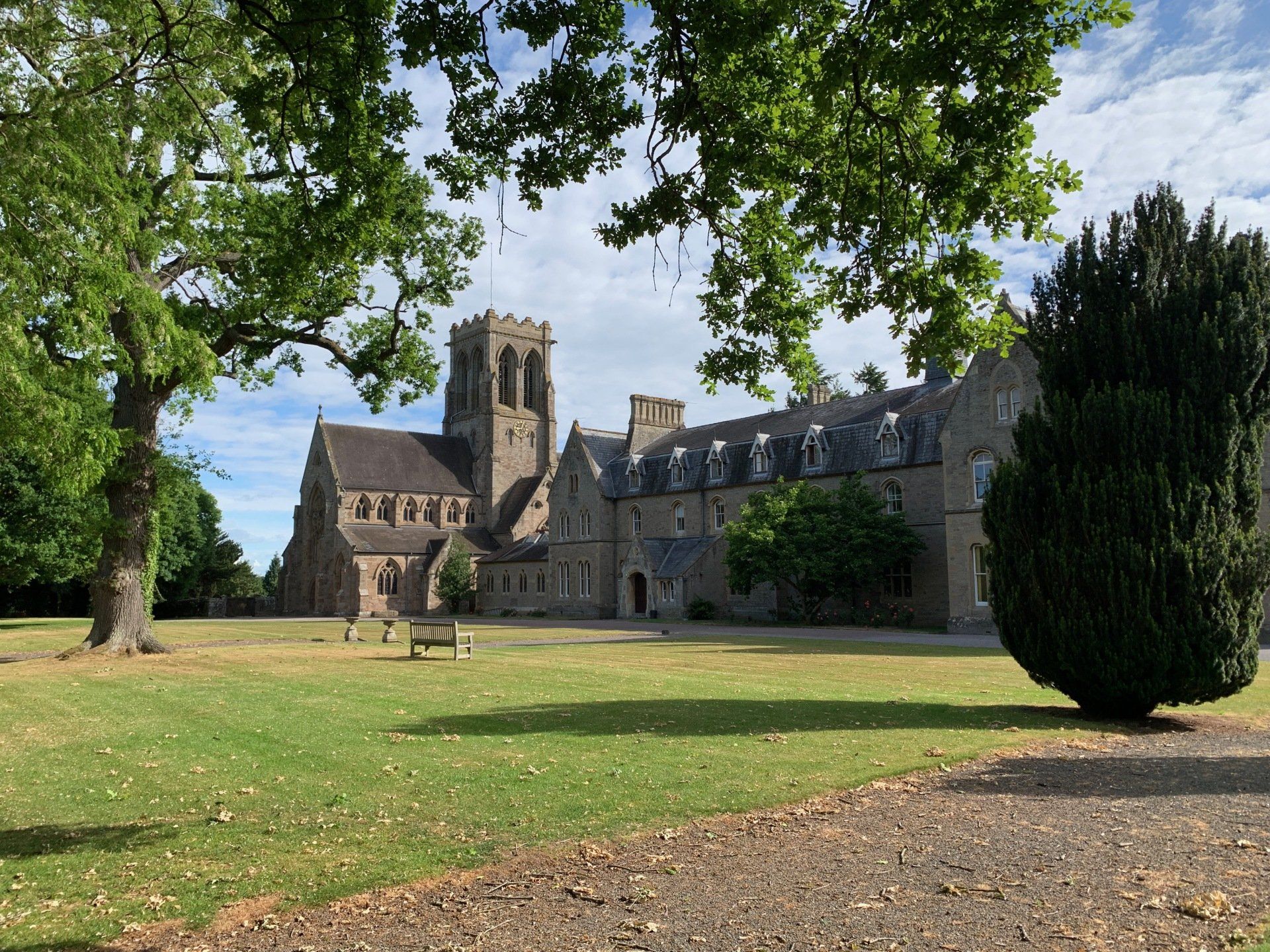
Slide title
Write your caption hereButton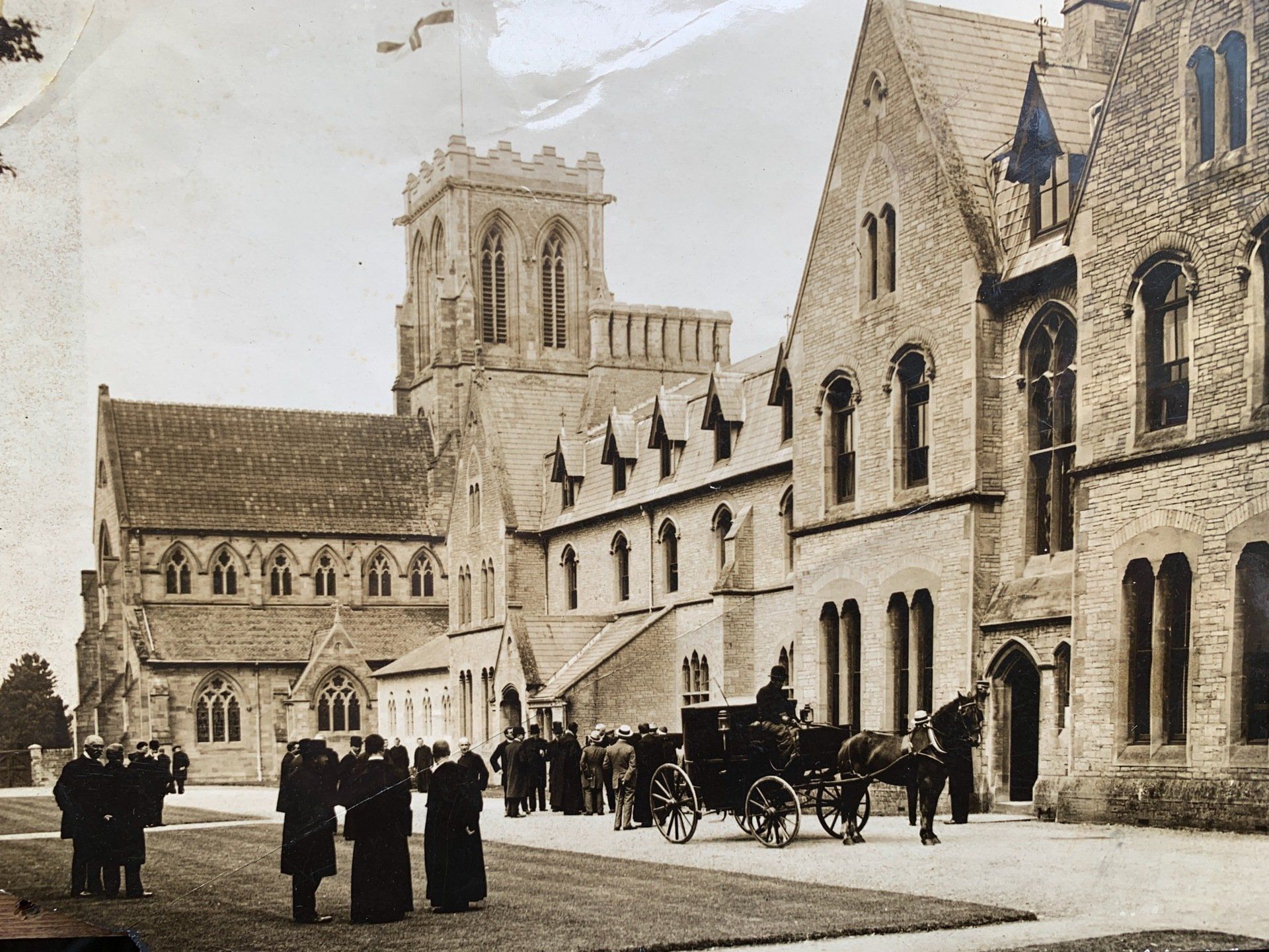
Slide title
Write your caption hereButton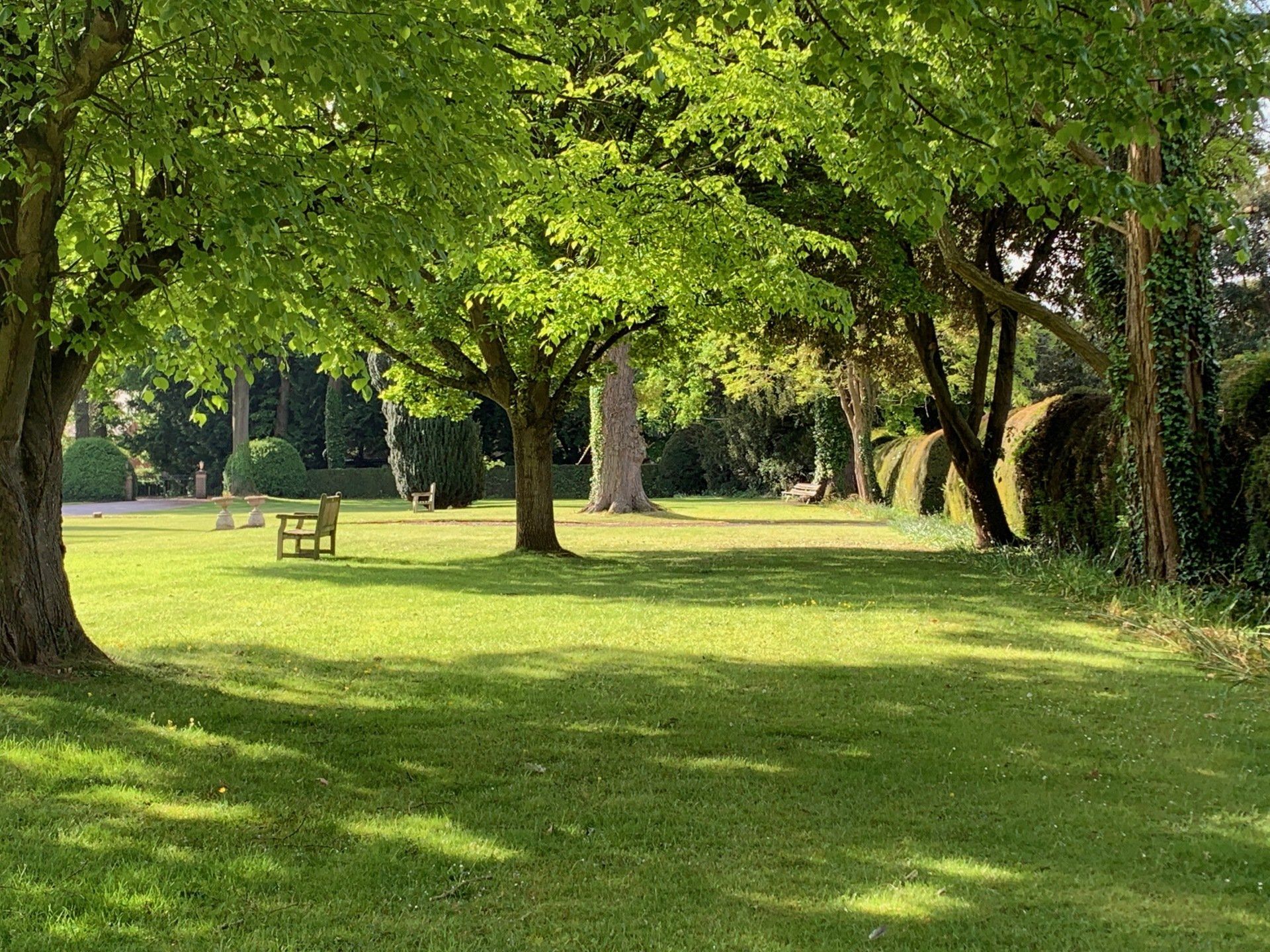
Slide title
Write your caption hereButton
Slide title
Write your caption hereButton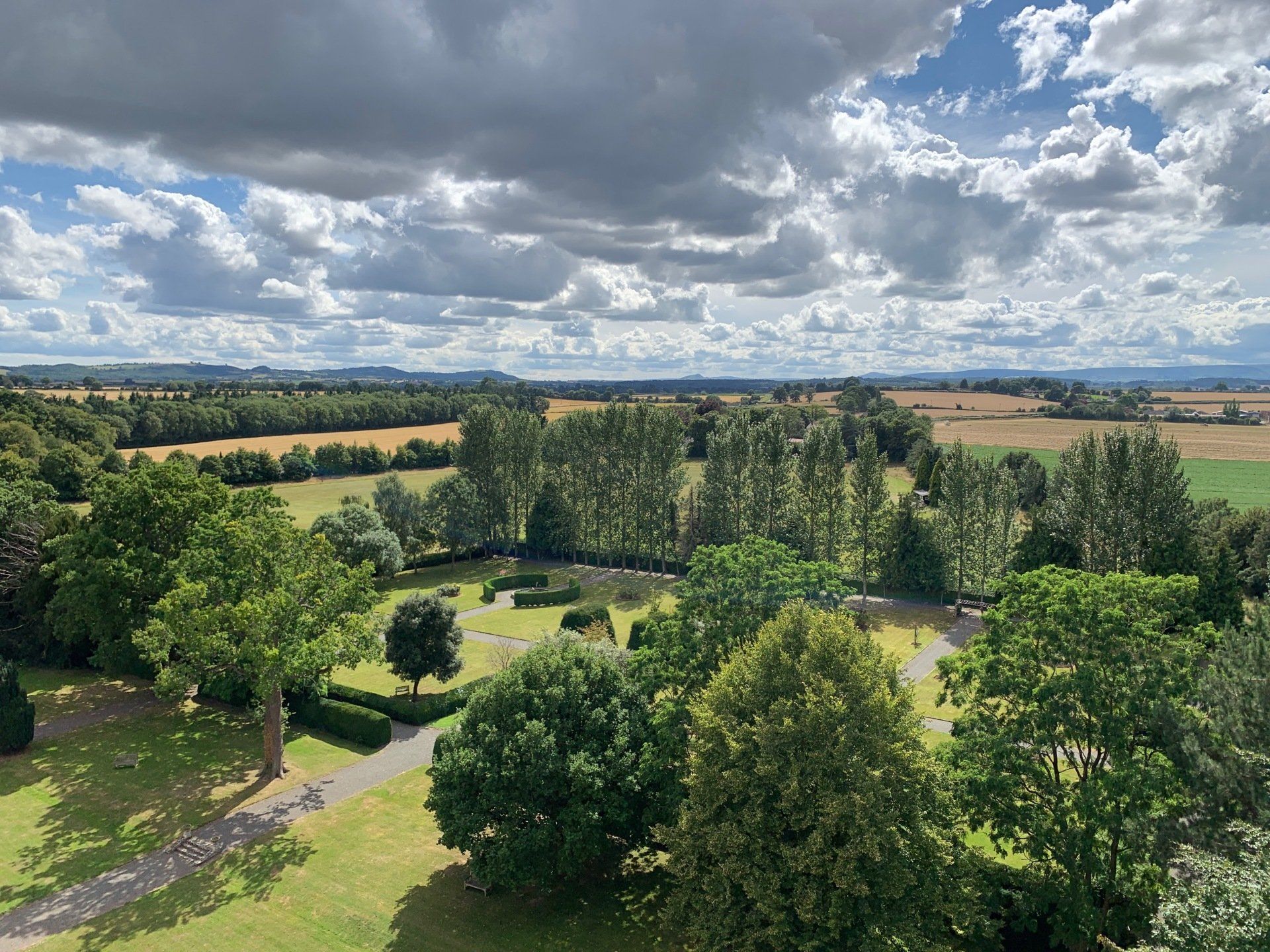
Slide title
Write your caption hereButton
Slide title
Write your caption hereButton
We would be delighted to include your prayers within the community.
Our Monastery
Belmont AbbeyRuckhall LaneHerefordHR2 9RZ
Phone: 01432 374710E-mail:
Enquirieswww.belmontabbey.org.uk
HOW TO FIND US
Principal office: Belmont Abbey, Ruckall lane, Hereford HR2 9RZ.”

